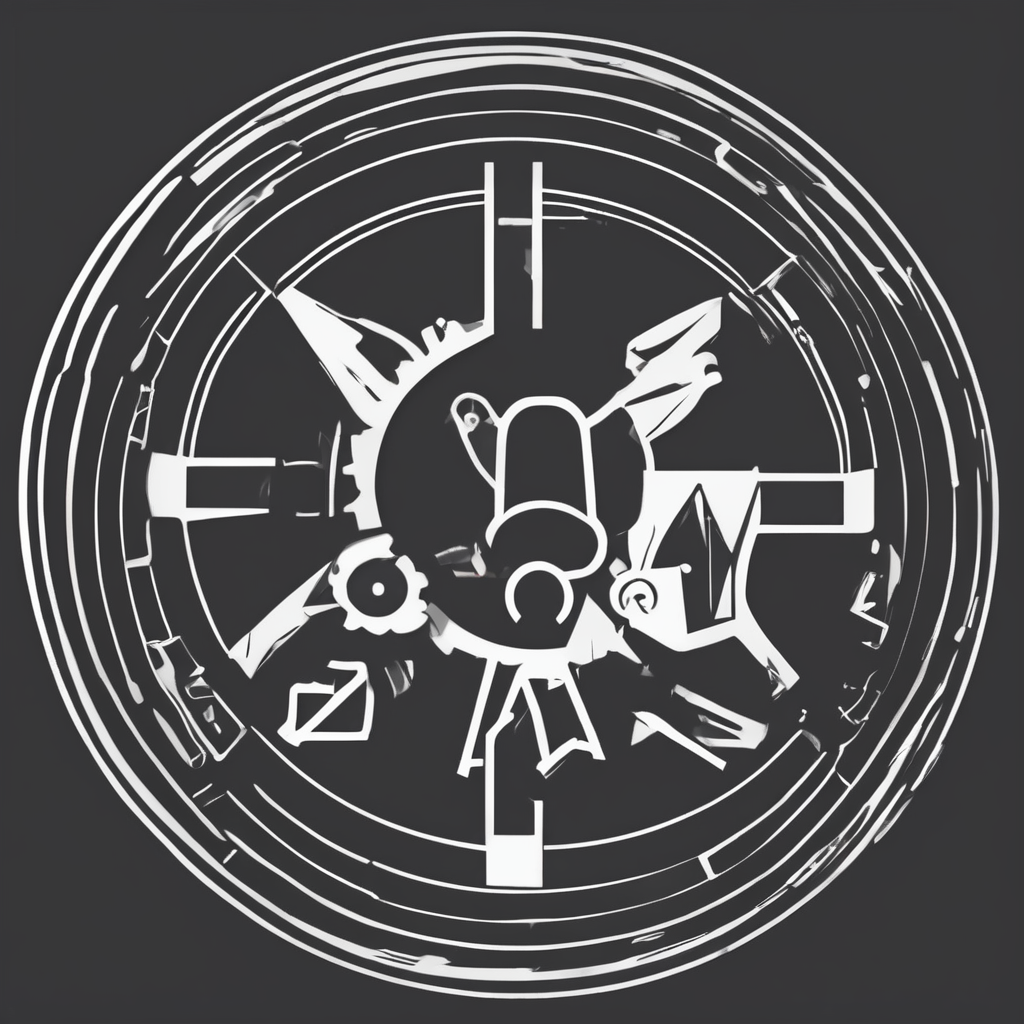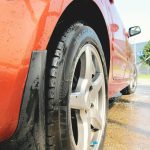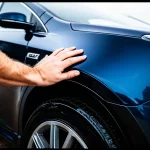Overview of Towing Regulations in the UK
Understanding UK towing regulations is crucial for anyone planning to tow trailers or caravans. The UK imposes specific towing laws to ensure safety on the roads. These regulations dictate what type of vehicle can be paired with different trailers, based on weight and size.
Legal compliance in towing involves ensuring your vehicle and trailer meet these set standards. It’s essential to regularly check and adhere to the towing laws, as non-compliance can result in severe penalties, including fines and points on your driving licence. Common regulations involve the weight limits of the vehicle and trailer, which must comply with the vehicle’s towing capacity. This ensures the rig remains stable and steerable under various conditions.
In parallel : Experience the best mobile car wash in london today!
In addition to weight limitations, awareness of trailer dimensions and load distribution is necessary to avoid accidents and penalties. Knowing these regulations ensures not only legal compliance but also contributes significantly to road safety. Violations of these laws can lead to insurance issues, increased risk of accidents, and potential legal repercussions, making adherence critical for both occasional and frequent towing.
Vehicle Specifications for Towing
Understanding vehicle towing capacity is pivotal when embarking on any towing endeavour. It defines the maximum weight your vehicle can safely pull, and exceeding this limit may compromise both safety and legal compliance. Several factors influence this capacity, including engine size, axle ratio, and chassis construction, as well as braking systems designed to counteract the increased stopping load.
Also to see : Unforgettable limo hire experiences await in halifax
Before hitching a trailer, consult your vehicle manufacturer’s guidelines on the specifications for towing. These guidelines provide detailed information on the Gross Vehicle Weight Rating (GVWR), Gross Trailer Weight (GTW), and other weight ratings, ensuring that you remain within safe operational limits. Ignoring these specifications not only endangers safety but can lead to mechanical failures or violations of towing regulations.
Thoroughly understanding your vehicle weight ratings helps prevent issues like overheating, excessive wear on components, and reduced vehicle stability. It is also essential to consider modifications and equipment enhancements wisely. Recognise the limitations and responsibilities that come with towing to optimise safety and performance. Adhering to these guidelines not only safeguards your journey but also ensures a seamless towing experience.
Safety Guidelines for Towing
Maintaining towing safety is critical for ensuring both your security and that of other road users. Adhering to safety standards begins with outfitting your vehicle with key equipment, such as towing mirrors, appropriate hitch attachments, and functional brake lights. These elements enhance visibility and communication with other drivers.
Prior to setting off, conducting thorough checks is vital. Evaluate tyre pressure, mirror adjustments, and ensure that the trailer’s wiring is properly connected. Engaging in these preliminary checks reduces the risk of on-road incidents.
When it comes to driving, follow towing best practices by maintaining safe speeds and increased following distances. This provides ample time for reaction and braking. Additionally, practice your manoeuvres, such as turns and lane changes, in controlled environments before hitting major roads.
Understanding the importance of load distribution can’t be overstated. Properly distributing and securing cargo ensures the trailer remains balanced, preventing wobbling or tipping. Employing heavy-duty ratchet straps or ropes offers sturdy and reliable methods for securing loads.
Incorporating these guidelines not only fosters legal compliance but fortifies overall road safety, offering peace of mind during your travels.
Enhancing Towing Capacity
Enhancing a vehicle’s towing capacity requires strategic adjustments and understanding legal modifications to maintain legal compliance. Certain vehicle modifications are permissible and can significantly boost your towing potential. For example, upgrading the vehicle’s suspension system, adding aftermarket heavy-duty hitches, or installing enhanced braking systems can greatly improve towing performance.
However, it is crucial to consult with legal guidelines to ensure these enhancements do not void warranties or breach towing laws. Proper vehicle maintenance further influences towing efficiency; routine checks on engine performance, tyre health, and brake functionality are paramount. This preemptive care not only optimises towing performance but prolongs vehicle lifespan as well.
A variety of towing enhancements are available in the market, such as transmission coolers and enhanced shock absorbers, which play a significant role in handling increased weights. Opt for branded, quality parts for assured reliability.
Even with enhancements, remember that exceeding the manufacturer’s recommended weight limits can lead to serious mishaps and legal penalties. Therefore, balance upgrades with careful adherence to operational limits, ensuring a safer, smoother towing experience.
Common Towing Scenarios and Solutions
Towing can present numerous challenges that might overwhelm even experienced drivers. Addressing these issues efficiently requires practical towing tips and solid towing solutions. One common scenario is manoeuvring a trailer in tight spaces. It can be daunting to park a trailer snugly, but mastering these skills is essential.
Practical towing tips suggest using landmarks for alignment and practicing in open areas to gain confidence. Additionally, reversing a trailer demands patience and precision; turning the steering wheel in the opposite direction helps guide the trailer into position.
Weather conditions affect towing significantly. For instance, wet or icy roads require reduced speeds and increased following distances to avoid accidents. Carrying essential equipment like snow chains or all-weather tyres further reduces risk.
Moreover, towing on inclines necessitates careful gear management to prevent excessive strain on your vehicle. Consider your vehicle’s capabilities and use lower gears going uphill to maintain steady speed and power.
In various towing scenarios, adhering to these strategies ensures smoother journeys and heightened safety, while expanding your skill set. Frequent practice and preparation are invaluable for overcoming towing challenges effectively.
Resources for Further Assistance
For those seeking additional guidance on towing resources, accessing various forms of assistance can significantly enhance your understanding and practices in towing.
Government Resources
A vital starting point is government websites that offer comprehensive information related to compliance resources. Authorities like the UK Department for Transport provide detailed resources including guidelines and updates on towing laws. These platforms ensure that users have access to current regulations and standards necessary for legal compliance.
Recommended Guidelines
Numerous trusted publications and handbooks are available, offering insight into safe and effective towing practices. Publications from recognized organizations often include practical towing tips that address common towing challenges while providing towing solutions for enhanced safety and performance.
Community and Support Groups
Being part of towing communities and forums can be invaluable. These platforms serve as excellent channels for sharing experiences and strategies, providing networking opportunities with both enthusiasts and professionals. Active involvement in these communities facilitates the exchange of knowledge which can be crucial for navigating complex scenarios and improving overall towing efficacy. Joining such groups can be both informative and reassuring for anyone regularly engaged in towing activities.






